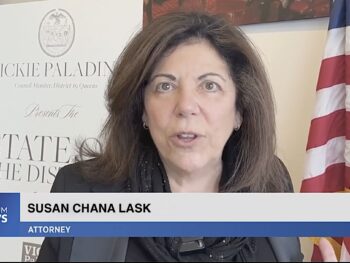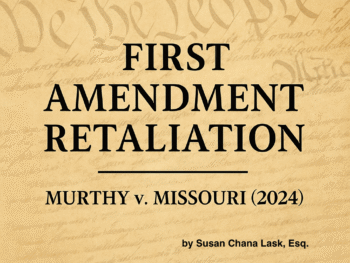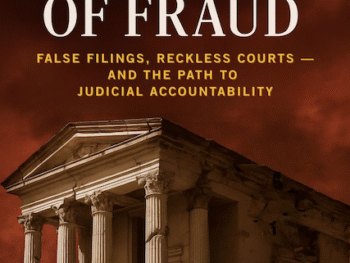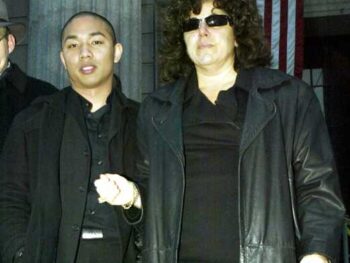Perchance To … Eat?
Newsweek
by: Anne Underwood
Mar 26, 2006 7:00 PM EST
The makers of America’s most popular sleep drug may have been tossing and turning a bit more recently. Fourteen years after the Food and Drug Administration approved Sanofi-Aventis’s Ambien, the sleep aid has come under scrutiny amid reports of users eating, driving and even shoplifting in their sleep. There’s little doubt the drug is effective, but some patients are now wondering if it’s safe.
After suffering bouts of insomnia for more than 30 years, Janet Makinen thought she’d found a solution when her doctor prescribed Ambien. The drug, a blockbuster with 26.6 million prescriptions in the United States last year, enabled the 55-year-old Florida housewife to sleep soundly. But some mornings after she took it, Makinen woke to find half-empty boxes of rice or open bags of candy in the kitchen–evidence of nocturnal binges she didn’t remember. The episodes worried her, but Makinen didn’t connect them to the sleep drug until she found Internet postings from other Ambien users complaining of similar side effects. “I started to cry,” says Makinen. “I got hold of my doctor and said, ‘You have to take me off of this’.”
Doctors nationwide have been fielding similar calls in recent weeks, even as Sanofi-Aventis says such side effects are rare (sleep-walking occurred in fewer than one in 1,000 users during trials) and that Ambien, a sedative that calms the central nervous system, is a “safe and effective” treatment for insomnia when taken as prescribed. “The safety profile of Ambien is well established,” says Dr. Frank Stein-berg, a consultant to Sanofi-Aventis.
But New York attor-ney Susan Chana Lask says she’s spoken with more than 300 patients, including Makinen, who have experienced “Ambien zombie” effects. On March 6, Lask filed a class-action lawsuit against Sanofi-Aventis. The plaintiffs include one woman who was sexually assaulted after opening the door to an attacker in her sleep. Sanofi-Aventis says it “treats matters of patient safety with the highest degree of importance,” and the drug’s label already warns of the rare possibility of sleepwalking.
Sleep experts aren’t sure how many problem cases actually exist, but they’ve taken notice of the recent reports. “We have to recognize that these complex sleepwalking behaviors are probably more prevalent than we think,” says Dr. Michel Cramer-Bornemann, of the Minnesota Regional Sleep Disorders Center, who’s collecting cases with colleagues for an upcoming paper. The DEA says the short-term hypnotic sleep aids have a “moderate risk” of dependence and possible side effects like “impaired memory of events.” The FDA cautions it be used no more than a week to 10 days at a time. But many patients take it for much longer.
It’s not clear if the drug alone is to blame for the strange side effects. As many as 6 percent of U.S. adults naturally sleepwalk, and 3 million Americans may have sleep-eating problems. It’s possible that the drug exacerbates pre-existing tendencies, experts say. Doctors suspect that some patients may take too much of the drug, or combine it with other medications or alcohol. If not taken on an empty stomach, Ambien’s absorption is delayed, says Martin B. Scharf, director of the Tri-State Sleep Disorders Center in Cincinnati, so patients may believe the drug isn’t working and take more, or start an activity and fall asleep while doing it. Scharf notes that Ambien and similar drugs carry much less risk than older sleep aids like Valium and Halcion. “These are very, very safe,” says Scharf. “But they’re not candy.”
Specialists are concerned that the recent reports may scare off patients who could benefit from sleep aids. “This shouldn’t be a reason not to take them, but to make sure we’re taking them properly,” says Scharf. That way, both doctors and patients can sleep a little better.









